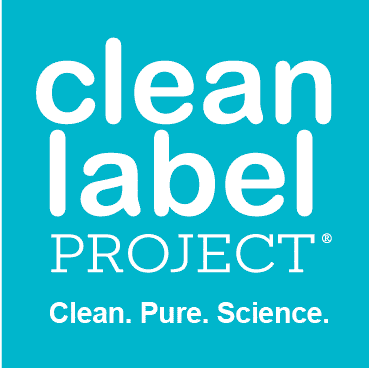Acrylamide Found in Brewed Coffee Analyzed
Undetectable Levels of Acrylamide Found in Brewed Coffee Analyzed by National Nonprofit Focused on Transparency in Labeling Clean Label Project
A newly proposed coffee cancer warning may be over-reaching. The Clean Label Project found brewed coffee it recently tested in conjunction with the third-party analytical chemistry laboratory, Ellipse Analytics, contained levels of acrylamide below their ability to quantify.
Denver, CO – April 4, 2018 – The decision from a California superior court judge that may result in cancer warnings on coffee in the state of California, based on Proposition 65, may be unwarranted. New research completed this month by the Clean Label Project, a national nonprofit focused on health and transparency in labeling, shows that the known-carcinogenic chemical at the center of the controversy – acrylamide is present at significantly lower levels than many other foods. The nonprofit selected and purchased off the store shelf nine of the top-selling coffee brands, brewed them, and had them tested at Ellipse Analytics, a third-party analytical chemistry laboratory. Both Ellipse Analytics and other third-party laboratories have shown that brewed coffee has very low levels of acrylamide. In the case of Ellipse Analytics, levels of acrylamide in brewed coffee were consistently below their ability to quantify.
“Consumers should be concerned with many popular food products with elevated levels of acrylamide – but coffee is not one of them,” said Jackie Bowen, MPH, MS, Clean Label Project executive director. “Causes for concern include French fries, potato chips, crackers, cookies, cereal and even snacks specifically for toddlers and young children. But testing in nine of the most popular brands of brewed coffee by our lab showed undetectable levels of acrylamide. The amount of acrylamide found in brewed coffee is dwarfed by the levels which are found in these other categories,” concluded Bowen.
The average amount of acrylamide in a cup of coffee is 1.77 micrograms per serving. When Ellipse Analytics tested top-selling American fast food French fries, they found that the average acrylamide level was 75.65 micrograms per serving. This means that a person would have to drink 43 cups of coffee to exceed the amount of acrylamide found in a large order of French fries from America’s leading fast food restaurants.
“Acrylamide is a known neurotoxin that is likely created during the roasting process,” said Sean Callan, PhD, neuroscientist and director of operations and quality at Ellipse Analytics, the third-party analytical chemistry laboratory that performed the coffee testing. “While we did find acrylamide in some of the brewed coffee samples, in all cases the levels were below our reporting limits. While brewed coffee has very low levels of acrylamide, the industry should work toward reducing acrylamide in coffee through other roasting means.”
About Clean Label Project
Denver-based Clean Label Project is a nonprofit organization dedicated to educating the public about the toxins and nutritional value in consumer products through its studies conducted by independent third-party laboratories. By sharing the results of scientific data directly with consumers, the organization seeks to assist the public in making the most informed choice possible each time they shop. The Clean Label Project believes consumers have a right to know what kinds of contaminants it tests for in consumer goods and the potential effects of toxins on health. Education is its core initiative and more can be learned by visiting cleanlabelproject.org. Clean Label Project. Clean. Pure. Science.®
